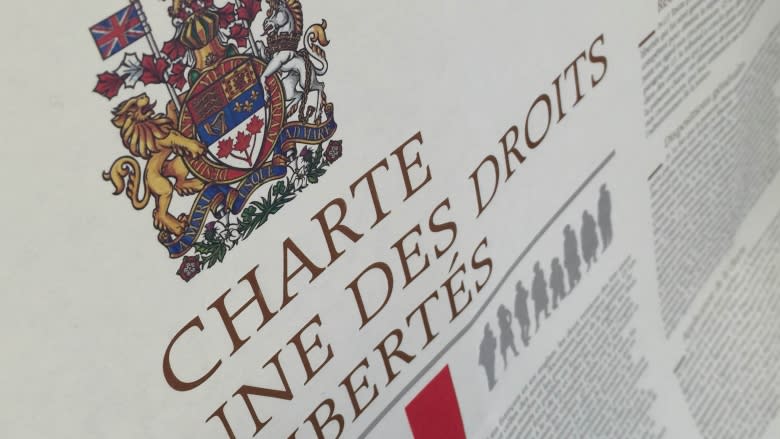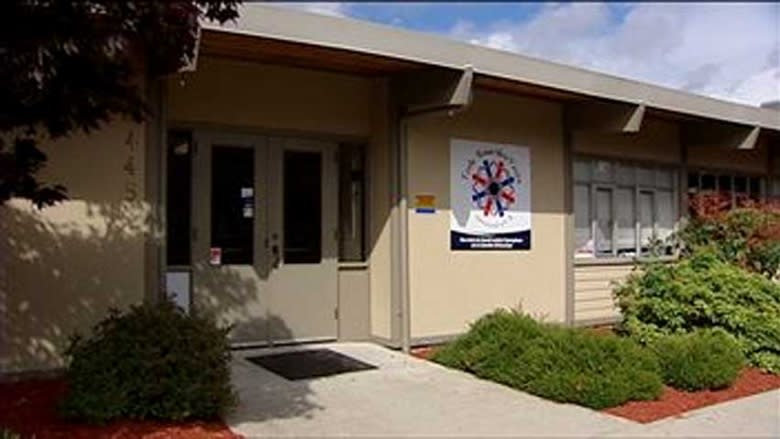Francophone parents win partial victory in B.C. school funding case
The B.C. Supreme Court has found some aspects of French-language education in B.C. are underfunded but ruled against the francophone school board and parents on many of their demands in their long-running lawsuit against the B.C. government.
Still, the francophone school board is pleased with a "big gain" in how French-language education will be funded in B.C., with the judge ordering the B.C. Education Ministry to craft a "rolling capital envelope" specific to the French schools.
The 1601-page decision by Justice Loryl Russell — one of the longest in the court's history — came after six years of litigation between the B.C. government and the French school board along with the Federation of Francophone Parents of B.C.
The French board and parents were arguing that French language schools — which are separate from French immersion programs — are underfunded contrary to the Canadian Charter.
The plaintiffs were asking for more money for transportation, space for early childhood education and improved facilities in 17 communities, as well as a new school board office.
The judge did award the French board $6 million for school bus service, saying it has been "chronically underfunded."
She ruled there was no requirement for B.C. to provide early childhood education in French under the Charter.
The Charter of Rights provides that Canadian citizens whose first language is French or English be allowed primary and secondary education in that language, even if they're in the minority.
'Barely enough students'
The judge grappled with the issue of what the Charter requires in each community, because it depends on how many French-speaking kids there are.
"This case ... addresses what facilities are warranted when there are barely enough students to justify offering minority language education," wrote Russell.
In 13 of the communities, she ruled in favour of the government, saying either: the facilities were appropriate based on numbers; the facilities are substandard but justified; or the province wasn't at fault.
In four communities, the French minority do not have access to adequate facilities, and the breach of the Charter is "not justified in a free and democratic society":
- Sechelt - École Élémentaire du Pacifique.
- Penticton - École Élémentaire Entre-lacs.
- Abbotsford - no school.
- Vancouver (West) - École Élémentaire Rose-des-Vents.
It's not clear what that ruling will mean in terms of a dollar-figure requirement, should the decision withstand an appeal.
'Significant' change to funding
Both sides are still digesting the lengthy ruling, but the francophone school board is calling one of the judge's orders "very significant" when it comes to funding French-language schools in B.C.
The judge has ordered B.C. to create a specific-funding envelope for the francophone school board, so it doesn't have to compete with English-language school boards for money to build schools.
"The Ministry cannot claim a lack of funds for the [francophone school board's] projects as an excuse given that it has chosen to devote funds to other priorities since 2005," wrote Justice Russell.
Mark Power, a lawyer for the school board and francophone parents association, called the ruling a "significant development."
"Today's judgment appears to be the first time that a Supreme Court judge has ... [ordered the government] to set up a separate capital funding envelope so that School District 93 has its own mini-fund essentially to respond to the needs of its population."
The Ministry of Education is still reviewing the decision and has declined to comment until that review is complete.



